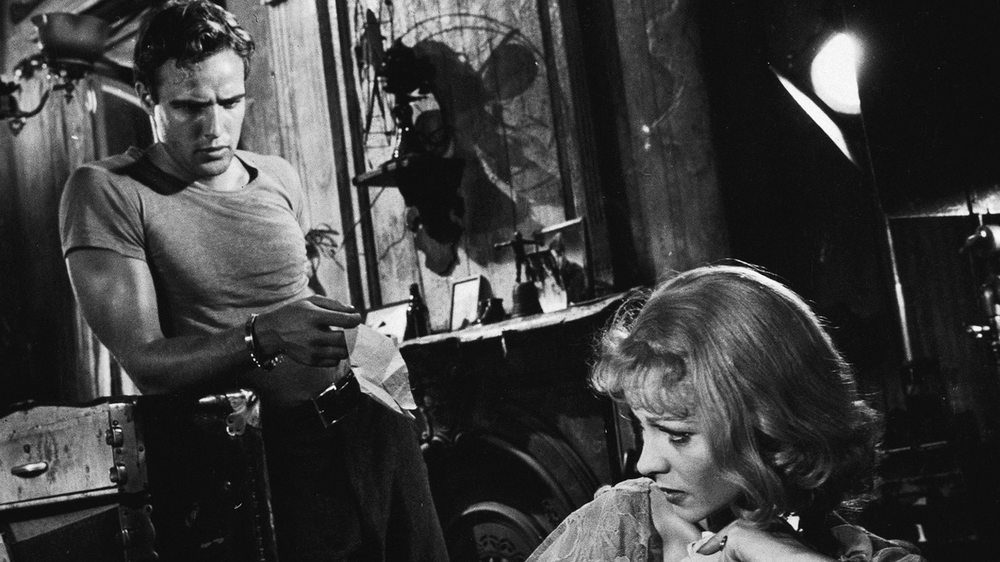Приговор при свечах / Judgment in candlelight - Владимир Анатольевич Арсентьев
Книгу Приговор при свечах / Judgment in candlelight - Владимир Анатольевич Арсентьев читаем онлайн бесплатно полную версию! Чтобы начать читать не надо регистрации. Напомним, что читать онлайн вы можете не только на компьютере, но и на андроид (Android), iPhone и iPad. Приятного чтения!
Шрифт:
Интервал:
Закладка:
The criminal procedure act introduced in 2001 has demonstrated the dominant role of command in this dual nature of law. One of the possible reasons is that the state decided to economize on the complicated court process of demarcation between truth and lies. The legislator has proposed to limit oneself with substitutes for truth, arguing that the concept of truth is not applicable in law. Thus, substitutes like viability, importance, and efficiency became the new foundation of law. Such a strategy hardly improves the conditions of human existence, as it necessarily makes the human being a means to the end determined by the authorities.
Consequently, an incredibly simplified and utilitarian appoach prevails in the practical reality of Russian criminal adjudication. It is the special procedure of sentencing, where the judge delivers a guilty verdict without examining or assessing any evidence in the case (neither are those actions reflected in the verdict).
Article 316 of the CPC RF regulates the procedure of case consideration and sentencing with no judicial investigation involved. Moreover, according to this article, the court does not have to explain to the defendant the provisions of Article 14 of the CPC RF and Article 49 of the Constitution on the presumption of the defendant’s innocence. More specifically, the Constitution of the Russian Federation posits that each and every person accused of a crime is considered innocent until proven otherwise in the legally prescribed manner and until their guilt is established by a court verdict that legally entered into force. Therefore, the special procedure of adjudication, under which the verdict of guilty is delivered without a trial, has no solid legal underpinnings.
Moreover, any verdict delivered in accordance with Article 316 of the CPC RF cannot be appealed against on the basis of Article 389.15 Item 1 of the CPC RF – i. e. citing that the court conclusions in the verdict are inconsistent with the facts of the criminal case established by a court of the first instance. Because the accused person initially agrees with the charges, the court does not establish the actual facts of the case.
Technically, an innocent person can be acquitted only if the case is heard under general procedure, where the facts of the case are publicly established by the court in the course of a trial based on the adversarial principle and equality of the parties, as the criminal justice process formally requires.
Practically and substantively, the acquittal of an innocent person implies that the criminal prosecution carried out by educated legal professionals – law enforcement representatives supervised by a prosecutor – yielded completely inadequate results. The prosecutor also supervises the court activities of state prosecuting attorneys.
In some cases, the court can make decisions along with the law enforcement in the course of pre-trial investigation. These are cases where the citizens’ constitutional rights are violated or restricted, as described in Article 29 of the CPC RF.
There are obviously a lot of state-authorized officials highly involved in each criminal case. Ultimately, the judge must make justice the measuring line and righteousness the level[173] when examining the results for the accused person (still considered innocent of what they were charged with). The law defines this dimension as secret,[174] so no one has the right to help the judge make that decision.
However, a Soviet tradition is at work, suggesting that public authorities such as the prosecutor’s office, bodies of inquiry and investigation – i. e. one party to the case—“help” the court administer justice. Obviously, that “help” is accusatory in character and is aimed at strengthening the judge’s inclination towards a verdict of guilty. If that was not true, the “helpers” would rather help themselves perform their appropriate prosecutive function in the trial as required by the principles of criminal justice, so that the court could resolve the case without any intervention or mediation.
The lawful, reasonable, and justified mechanism of dealing with such pseudo-help and intervention in justice is described in the main duties of the court[175]: the rules of presumption of innocence define the precondition for a guilty verdict, while judicial discretion is the precondition for an acquittal. Within this legal framework, pseudo-help or intervention in justice on the part of any individual or entity become null and void and remain such if the above legal norms are complied with.
In fact, the legislator has clearly defined the precondition for a verdict of guilty. It can only be delivered if the defendant’s culpability for the crime is confirmed during the trial by the aggregate evidence examined by the court. It is the court that must fulfill that legal requirement by proving the accusation and refuting the arguments of the defense; resolving all doubts as to the defendant’s culpability; eliminating any suppositions; determining the defendant’s culpability for the crime in the manner defined by the law of criminal procedure; and acknowledging the culpability in the court verdict entering into effect. Apparently, there is only one way to follow the legislator’s instructions – to abide by the rules of the presumption of innocence.
The legislator also instructs that the judge may pass an acquittal based on judicial discretion. The latter condition strictly requires that the court should establish the facts of the case; the grounds for acquittal and the corresponding evidence; the motives on which it rejects the evidence presented by the prosecution; and the motives of decision in the case of a civil claim. Besides, the legislator strongly prohibits using any wordings
Прочитали книгу? Предлагаем вам поделится своим отзывом от прочитанного(прослушанного)! Ваш отзыв будет полезен читателям, которые еще только собираются познакомиться с произведением.
Уважаемые читатели, слушатели и просто посетители нашей библиотеки! Просим Вас придерживаться определенных правил при комментировании литературных произведений.
- 1. Просьба отказаться от дискриминационных высказываний. Мы защищаем право наших читателей свободно выражать свою точку зрения. Вместе с тем мы не терпим агрессии. На сайте запрещено оставлять комментарий, который содержит унизительные высказывания или призывы к насилию по отношению к отдельным лицам или группам людей на основании их расы, этнического происхождения, вероисповедания, недееспособности, пола, возраста, статуса ветерана, касты или сексуальной ориентации.
- 2. Просьба отказаться от оскорблений, угроз и запугиваний.
- 3. Просьба отказаться от нецензурной лексики.
- 4. Просьба вести себя максимально корректно как по отношению к авторам, так и по отношению к другим читателям и их комментариям.
Надеемся на Ваше понимание и благоразумие. С уважением, администратор knigkindom.ru.
Оставить комментарий
-
 Артур01 август 01:14
"Там, где лес не растëт", конечно, тяжëлая книга... Концовка слëзы выжимает нещадно. ...
Там, где лес не растет - Мария Семенова
Артур01 август 01:14
"Там, где лес не растëт", конечно, тяжëлая книга... Концовка слëзы выжимает нещадно. ...
Там, где лес не растет - Мария Семенова
-
 Гость Наталия30 июль 23:31
Спасибо автору. Книга интересная, увлекательная, легко читается, оставляет приятные впечатления. Желаю автору дальнейших...
Королева драконов - Анна Минаева
Гость Наталия30 июль 23:31
Спасибо автору. Книга интересная, увлекательная, легко читается, оставляет приятные впечатления. Желаю автору дальнейших...
Королева драконов - Анна Минаева
-
 Гость Татьяна30 июль 22:31
Душевная книга, очень люблю Михалкову, произведения всегда сочные, с неожиданным концом. Много личных историй героев, читаются...
Посмотри, отвернись, посмотри - Елена Ивановна Михалкова
Гость Татьяна30 июль 22:31
Душевная книга, очень люблю Михалкову, произведения всегда сочные, с неожиданным концом. Много личных историй героев, читаются...
Посмотри, отвернись, посмотри - Елена Ивановна Михалкова










